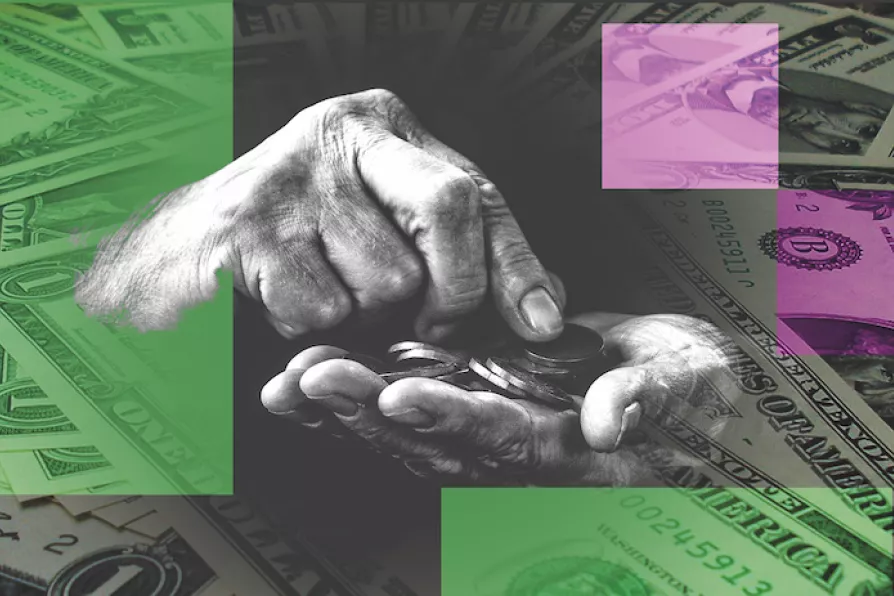By pressuring Mexico to halt oil shipments, Washington is escalating its blockade of Cuba into a direct bid for economic collapse and regime change, argues SEVIM DAGDELEN


THE last few years have seen hard times for many people across the globe. The cost-of-living crisis is a worldwide phenomenon, but we should remember that for many across the globe the crisis is a permanent way of life.
This is not to diminish the hardship many are now experiencing. I just want to point out that more than being a temporary state of affairs, for large parts of the planet, hardship — or rather the most gut-wrenching forms of poverty imaginable — has been made even worse by the current crisis.
The latest figures from the World Bank say that 9.2 per cent of the planet, some 719 million people live in extreme poverty and survive on less than $2.15 a day.

As the dollar falters and US power turns predatory, Britain and Europe must abandon transatlantic illusions and build a collectivist alternative before the system implodes, writes ALAN SIMPSON

Climate justice and workers’ rights movements are uniting to make the rich pay for our transition to a green economy, writes assistant general secretary of PCS JOHN MOLONEY, ahead of a major demonstration on September 20












